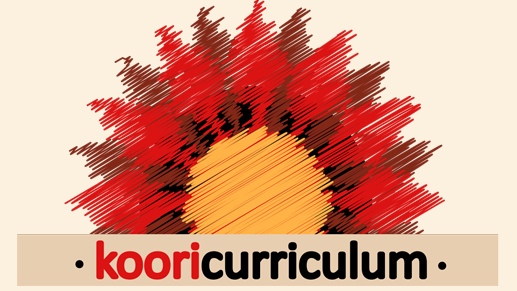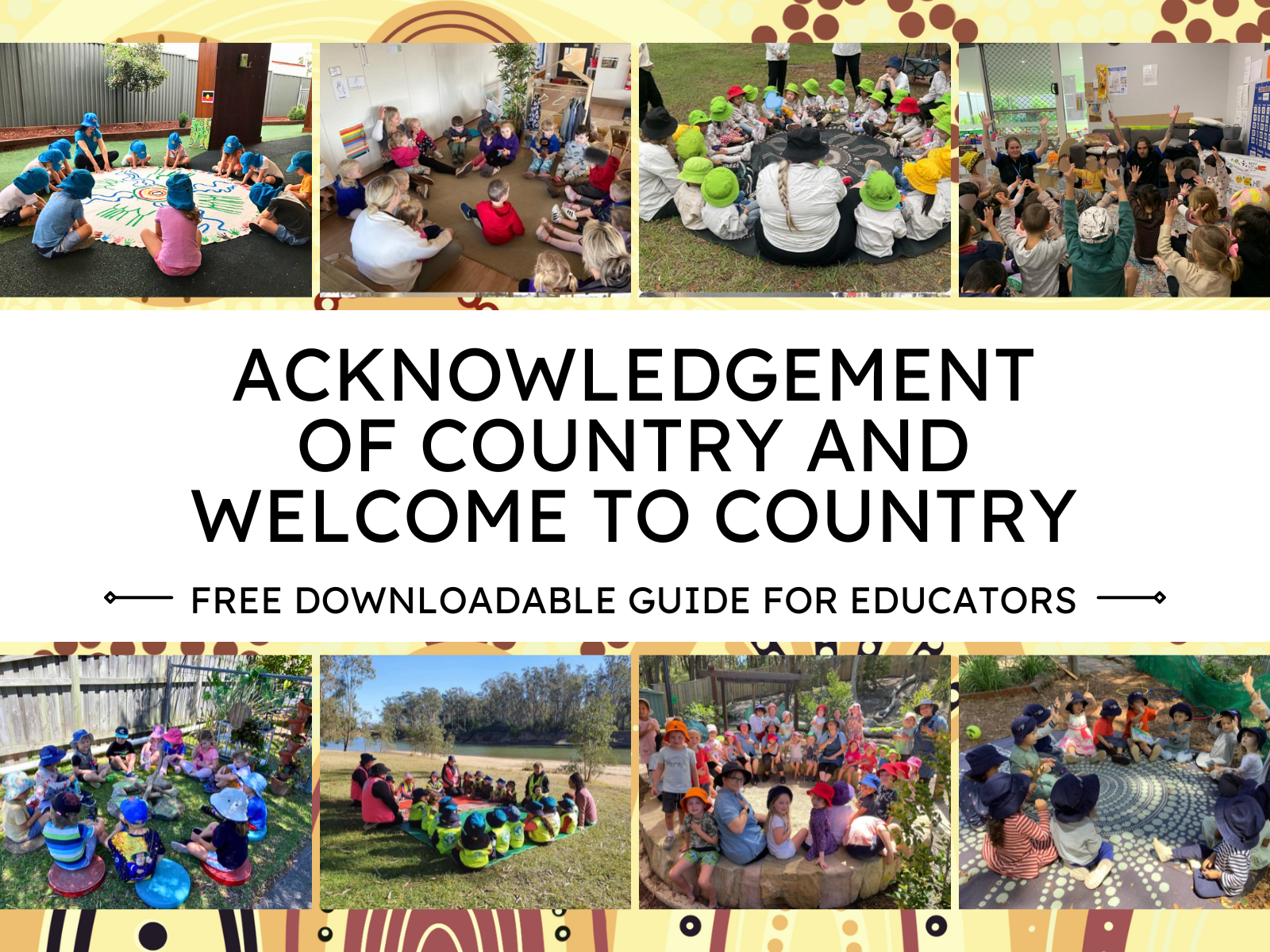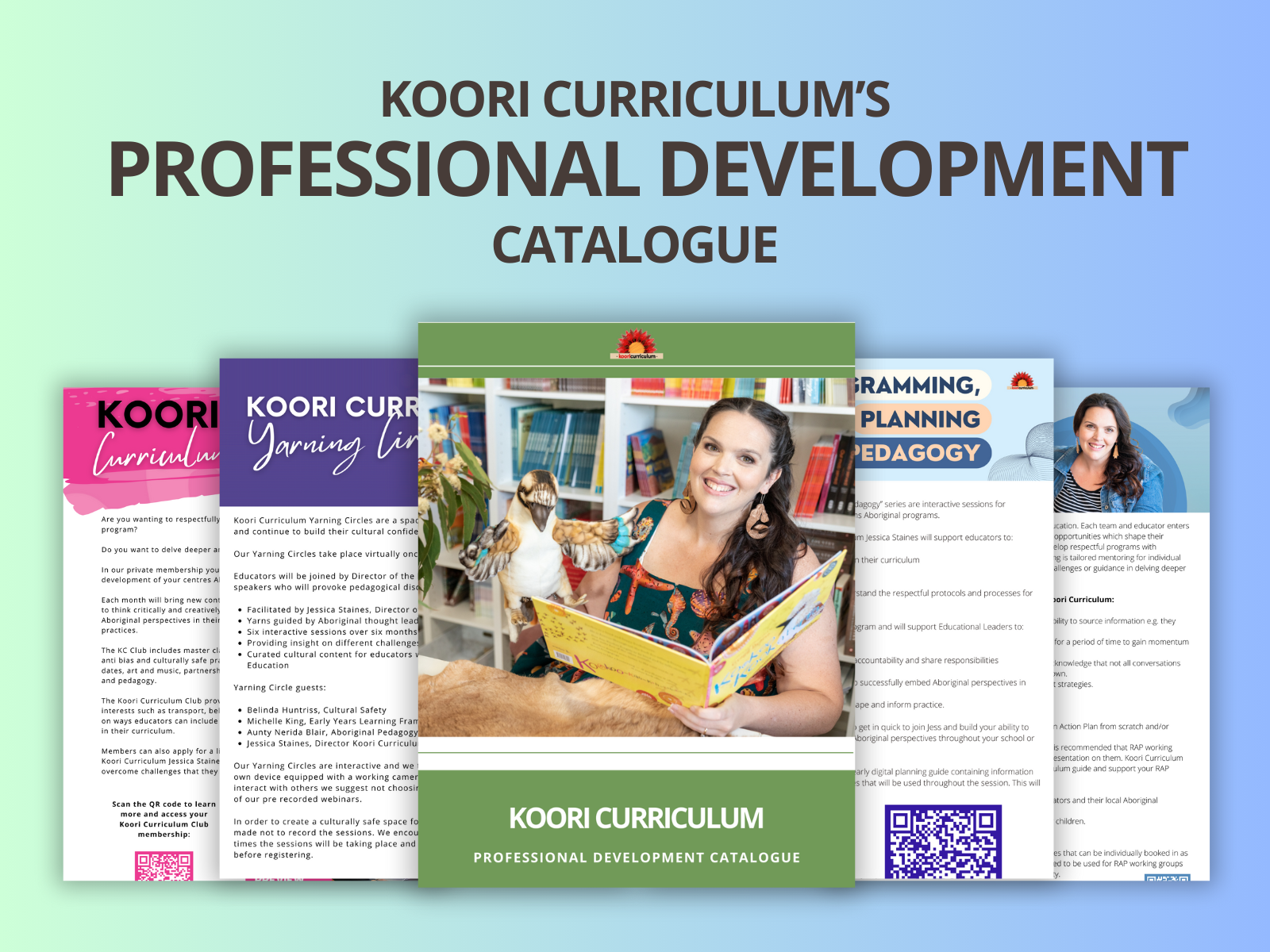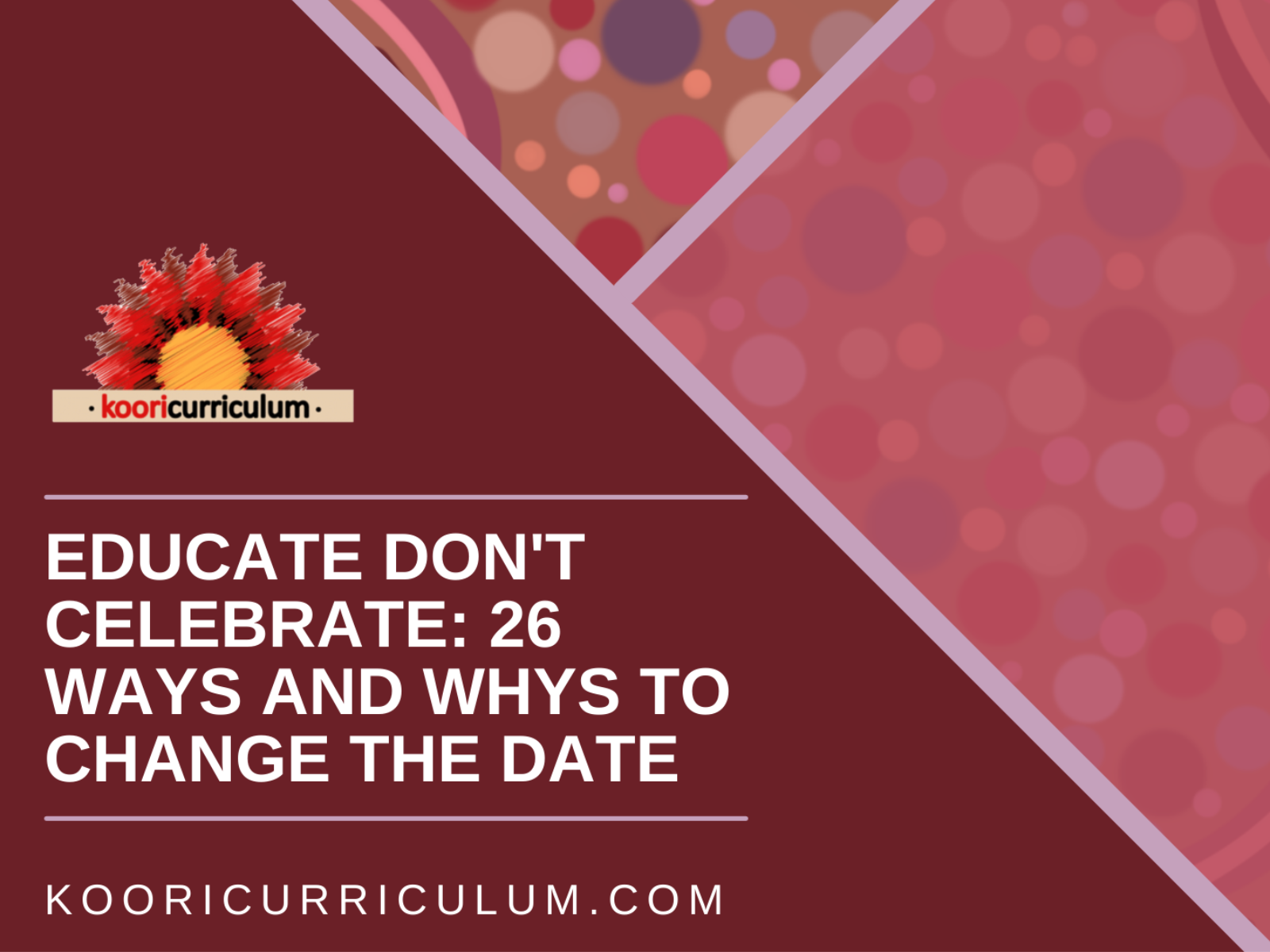
Challenging Our Own Bias
Last month I had the privilege of facilitating a panel at the annual Explore & Develop conference on Embedding Aboriginal Perspectives in Early Childhood Curriculums. Our panellist spoke to a range of topics including acknowledgement to country, reconciliation action plans, Aboriginal art programs and embedding Aboriginal perspectives with under twos. However the most moving presentation was from Karen the Nominated Supervisor at Explore & Develop Penrith who shared her personal story of acknowledging and challenging her own bias in relation to Aboriginal people and communities. Karen has bravely agreed to share her story again through the Koori Curriculum and we thank Karen for her invaluable honesty and willingness to share.
Challenging Bias
I was born in the early 1970’s into a family who, for a couple of generations, had lived mainly in the Sydney area. My family built on the outskirts of Sydney in 1969, and not long after I was born, my father joined the NSW Police force.
I came from a working class family, consisting of a mum, dad and 3 children. I grew up listening to the conversations my dad would tell my mum about his working day and soon realised, that there were people out there that were not as good as we were, and that somehow, because of our nationality, upbringing and colour, we were better than others.
During these conversations, I would often hear the words ‘lazy bastards’ and ‘dole bludgers’, being used. I know my dad was not just talking about Aboriginal people, but working in the Redfern area, in the early 70’s, the word ‘black’ often accompanied these phrases.
I will admit, as the daughter of a police officer, hearing these stories about people who were not following the law, and who, at any time, could hurt my dad, I started to not like the people in my dad’s stories at all. So I suppose you could say that I was a racist person in my younger days. I also believe that I was racist, because of my father, and I fully understand it when people say ‘that no child is born racist’. I was taught to be racist.
I’m not angry at my father for any of this, as I believe that this was also, the way he was raised and all he knew. To become a young cop in the Redfern area in the early 1970’s, would have been tuff, and the opinions and morals of his older colleagues would have been embedded in the work culture before my father arrived there. Let’s face it, in the early 70’s, 99.9% of police officers were white males, of certain heights and build.
I cannot remember ever having a classmate through school that was Indigenous. Even as I look back now, I cannot remember growing up with any Aboriginal people around me, or ever being taught about Aboriginal people or their culture.
About a year and a half ago, Explore and Develop support office called for all interested people who would like to be a part of the Explore and Develop Reconciliation Action Plan working party to get together. I put my hand up, but really didn’t even know what a Reconciliation Action Plan was. I went, along with my centre owners and Educational leader to the meeting, met some wonderful people, and this is where my challenging journey started. I say challenging because ‘I was racist’, and had very limited understanding of Aboriginal people and their culture.
It was now time for me to embark on a journey to broaden my understanding of our first people which I will be honest, I found both difficult and rewarding, cause wait, wasn’t captain cook first?
I also needed to share this learning with my team, so along with my room coordinators and Educational leader, I met with Jessica Staines from Koori Curriculum. We talked about our understanding of Indigenous culture, including our biases, and the barriers we might face when attempting to implement this culture within our programs. I soon learnt that my room coordinators had similar views to me. They all had their own biases and beliefs, mainly from their own upbringings, but like me, were willing to listen and learn.
As a centre and a group of educators who now understood how each other were feeling, we began looking at how we could incorporate what we were learning into our service.
I found myself attending any events I could with colleagues, including the NAIDOC cup, the Reconciliation Synopsis, the ECA conference in Darwin, and various Yarning circles. I was also extremely lucky to have the owners of the centre I worked at on board. They also had a vision for their centre and were happy to send me to these trainings and conferences. On top of this, I began attending events outside of work with my children, including Yabun day, and The Blak Markets.
I found myself listening to peoples stories, researching information, and buying every book and resource that was recommended to me. I attended every course and conference I could to further my knowledge.
I need you to all know that we can change our thinking. Our thoughts are not set in concrete and although I will not deny myself my upbringing, I now know that I can re educate myself. I can choose to change the way I think and my understanding of other people. It is extremely sad that through my entire upbringing, including my schooling, that I was denied the truth about the country I live in. I will not deny my children or the children in my ECEC setting this truth. I believe it is the right of every child to know about our countries true history.
I now feel that I have developed enough of an understanding to challenge my co workers and answer questions. I do feel however, that I have not been on this journey alone. I feel I have received a great deal of support from my colleagues, who have in this time, embarked on their own journeys.
What we do need to remember is that although we would all like to see the same outcomes in ECEC, we are all coming from different places, so indeed how we get there will be different. This is where we need to support each other, be positive, and allow people the time to get to where we would like to be.
Let’s all take a good look at ourselves and ask ourselves, ‘why are we incorporating an Indigenous perspective into our EC programs? Keep your answer to yourselves. No one else needs to hear your answer, so now is the time to be completely honest.
If your answers are things like, because the EYLF tells us we need to; or because it’s in my policy, then I think you really need to stop and think about it. How can you truly teach children about Aboriginal and Torres Strait Islander culture if you truly don’t know, understand or agree with what you are teaching?
Karen, Nominated Supervisor, Explore and Develop Penrith South



